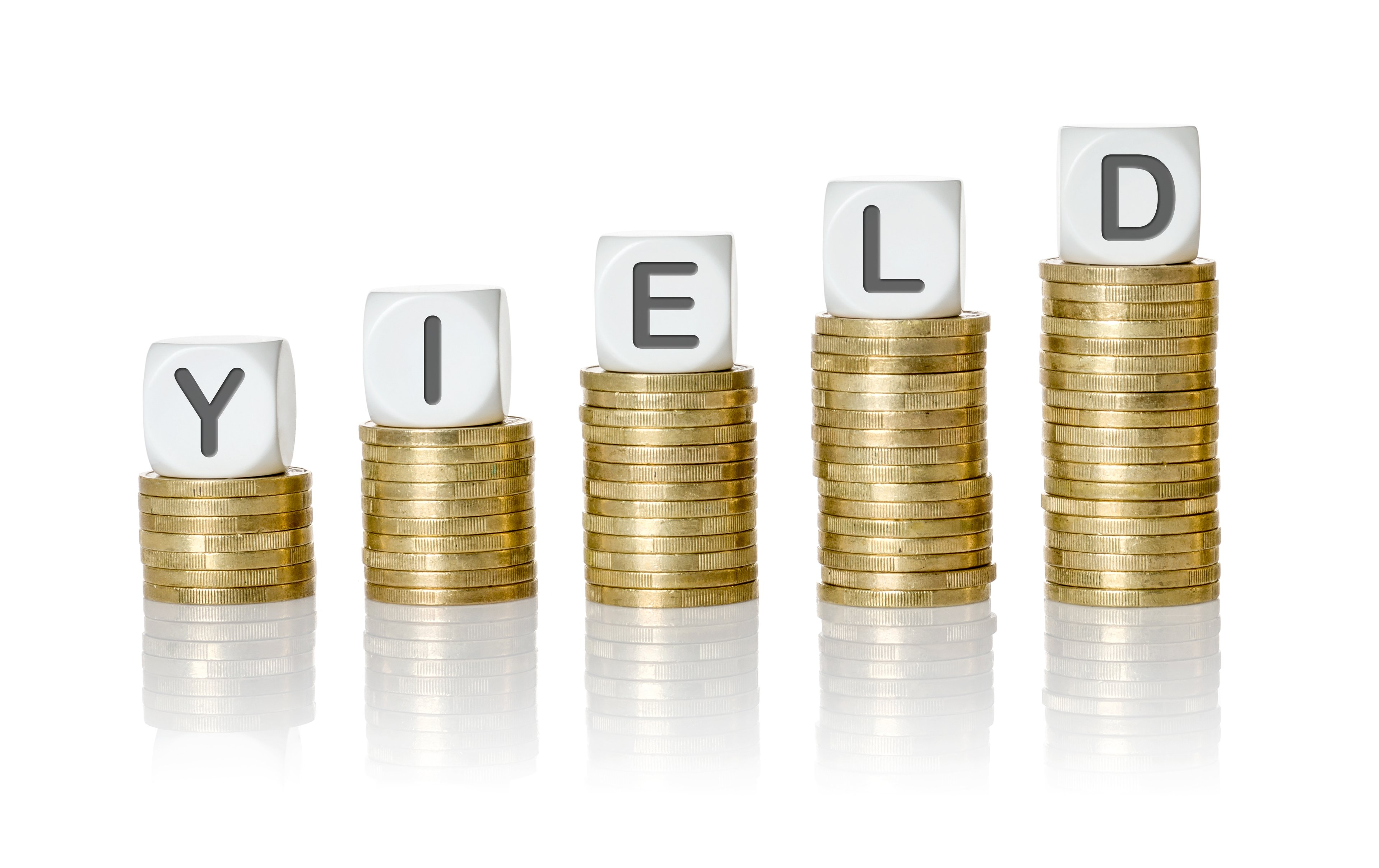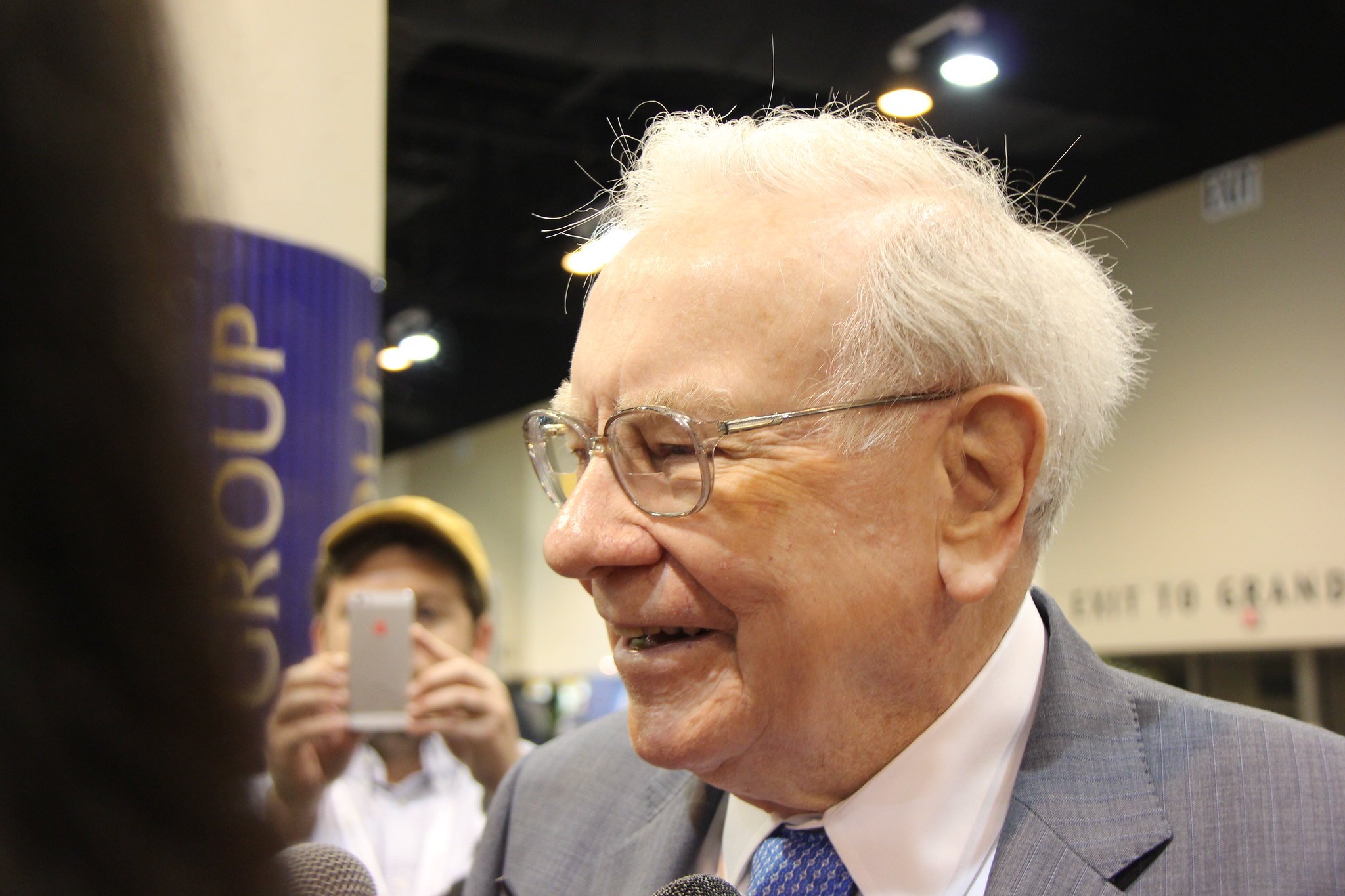If you are looking for high-yield stocks today, you might want to focus on the largest and most important companies. That helps you weed out a lot of stocks that just aren't worth looking at. The Dow Jones Industrial Average (^DJI +1.05%) is basically a who's who list for the corporate world. And the top-three high yielders in the index are Verizon Communications (VZ +0.20%), Chevron (CVX 1.53%), and Merck (MRK +2.83%).
All three are worth considering today. Here's why.

Image source: Getty Images.
1. Verizon is high yield and (slightly) higher risk
Verizon has a great business, given that it basically shares an oligopoly in the cellphone market. Every customer is like an annuity, since consumers don't tend to switch providers all that frequently. The cash flows that Verizon generates are what support its huge 7% dividend yield. That's really high, but the dividend has been increased annually for just over two decades.

NYSE: VZ
Key Data Points
So why is the yield so high? A big part of the problem is that the capital investment needed to compete in the telecom space is huge. So Verizon's costs are always going to be high. That fact smacks right into the balance sheet, where Verizon carries nearly $170 billion in debt, more than either of its closest competitors. On top of that, it has the highest dividend payout ratio at nearly 60%. Neither of those numbers is horrible, per se, but they suggest that the yield is going to make up most of an investors return here. Notably, annualized dividend growth has been a slim 2% or so a year over the past decade.
2. Chevron is an all-seasons energy stock
Oil and natural gas are integral to the working of the world; as such, most investors should have some exposure to the energy sector. However, the commodity-driven sector is highly volatile, and revenue and earnings can swing wildly even for diversified industry giants like Chevron. That said, with a 4.4% yield, 38 years of annual dividend increases behind it, and a rock-solid balance sheet (the debt-to-equity ratio is a low 0.2x), Chevron is probably one of the best energy choices for conservative investors.

NYSE: CVX
Key Data Points
The key is really Chevron's approach to the sector. There's no way for it to avoid the industry's swings. But its business is spread across the entire energy value chain, which helps to soften the ups and downs. And the strong balance sheet lets management take on debt during the inevitable industry downturns so it can continue to fund the business and pay the dividend until oil prices rebound. When oil prices recover, as they always have historically, leverage gets reduced in preparation for the next downturn. It's a model that works well, regarding the dividend streak, which makes Chevron a good energy option for even the most conservative of dividend investors.
3. Merck is working from a position of strength
Pharmaceutical giant Merck is not the highest-yielding drug stock you can buy. Pfizer (PFE +0.83%), for example, has a 7% yield, which is way higher than Merck's 3.8%. The interesting thing is that both Pfizer and Merck are facing similar issues, including the upcoming expiration of key drug patents. Known as a patent cliff, drugs that lose their exclusivity normally see revenue fall dramatically. Neither company is going to go out of business because of the issues they face, however. History has proven they both know how to muddle through difficult periods.

NYSE: MRK
Key Data Points
But there is a notable difference when you look at the dividend payout ratios of these two drug industry leaders. Pfizer's payout ratio is hovering around 90%, while Merck's is in the 50% space. From a dividend safety perspective, Merck is operating from a much stronger position. And that will likely make it a better choice than many of its peers in the pharma sector. Also, the dividend yield is toward the high end of the stock's historical yield range, suggesting that dividend investors are getting a deal.
Three reasonable dividend options
When you step back, Verizon, Chevron, and Merck are all reasonable dividend stocks. They come with different risk/reward profiles, so they may not be suitable for every investor. But, in the end, none of them is an outright bad stock. You just need to make sure you know what you are buying before you jump aboard these industry giants.







